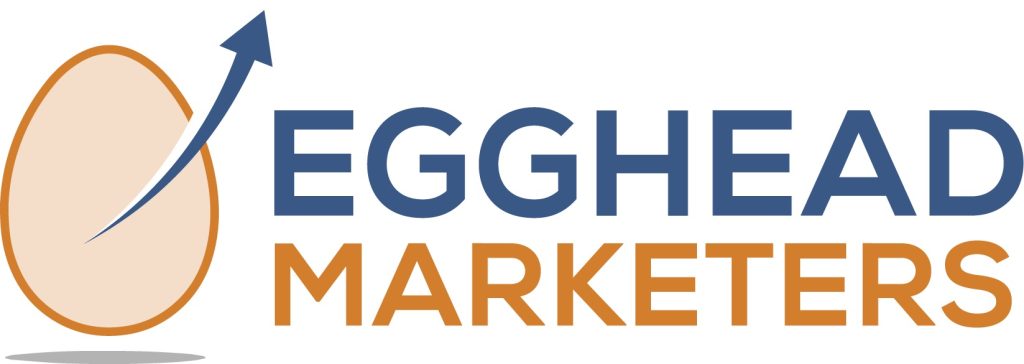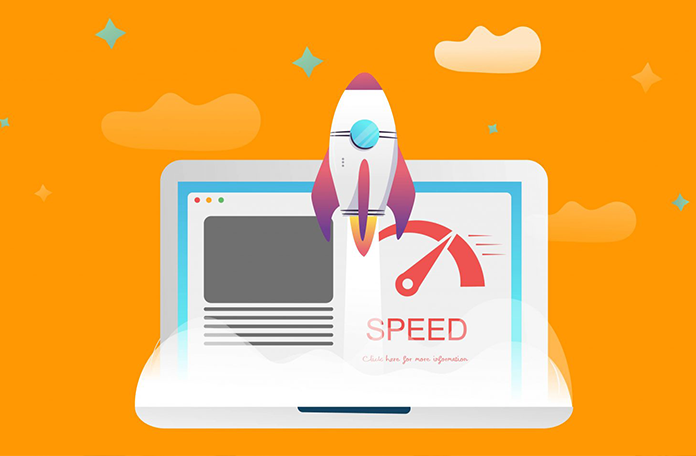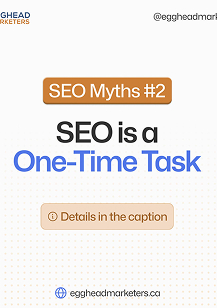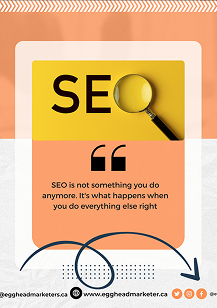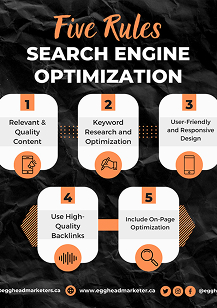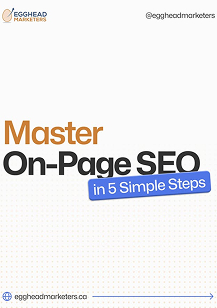Are you making a website? Cool! It’s super fun. But there’s something important you need to think about – your hosting plan. This is what lets people see your site on the internet. Choosing the right hosting plan is key to having a website that works well. Let me help you figure it out.

What is a Hosting Plan?
A hosting plan is like renting space on a big computer (called a server) to store all your website’s files. When someone types in your site’s address, the server sends those files to their device so they can see your site. Pretty neat, right?
Depending on how much space and power your site needs, there are different hosting plans. It’s kind of like getting a data plan for your phone – you pick one based on how you’ll use it.

Factors to Consider When Choosing a Hosting Plan

Amount of Traffic
How many visitors do you expect on your site? If it’s just a small personal site, you won’t need as much power as a super popular site that gets tons of traffic every day. The more visitors, the stronger hosting plan you’ll likely need.
Type of Website
Is your site mostly text and images? Or will it have videos, music, and other big files? Multimedia websites take up way more space, so they require higher-tier hosting plans.
Growth Plans
Do you see your site getting bigger and more popular over time? It’s smart to get a hosting plan that can grow with your ambitions so you don’t have to keep upgrading.
Types of Hosting Plans
There are a few main types of hosting plans out there:
Shared Hosting
This is the most basic and cheapest option. With shared hosting, your site shares server space and resources with other websites. It’s good for small, basic sites but can get sluggish if your site gets too much traffic.
Shared hosting is kind of like living in an apartment building. You have your own little space, but you share some resources (like the hallways and laundry room) with all the other tenants. It’s affordable, but not ideal if you have a huge family or throw raging parties every night.
VPS (Virtual Private Server) Hosting
VPS hosting is like having your own little section of the server just for your site. It has more power than shared hosting and can handle more traffic, but still shares some resources.
Think of VPS as a townhouse. You get more space and privacy than an apartment, with your own section. But you still share some utilities and amenities with your neighbors.
Dedicated Hosting
With a dedicated server, the whole thing is yours! You get ALL the resources for just your site. This is the most powerful (and most expensive) option, best for huge sites with tons of traffic and files.
Dedicated hosting is like having your own mansion. The entire property and all its resources belong solely to you. It’s super luxurious, but also comes with a hefty price tag.
Cloud Hosting
Cloud hosting uses a network of servers working together, so your site can easily use more or less power as needed. It’s flexible and can scale up for traffic spikes.
The cloud is kind of like being able to add on temporary houses or rooms whenever you need more space for guests. With regular homes, you’re limited. But the cloud lets your space grow and shrink as demands change.
Don’t Overthink It (At First)
For your first website, you probably don’t need the fanciest hosting plan out there. Start smaller and upgrade later if your site takes off. Most new sites do just fine with shared or basic VPS hosting.
It’s like when you move into your first apartment. You don’t need a massive place right away. Get just what you need for now, and you can always upsize when your needs change down the road.
Ease of Use Matters Too
Besides power and resources, you’ll also want a hosting plan that’s user-friendly. Look for hosts with:
– Simple control panels to manage your site
– 24/7 customer support (just in case)
– Beginner-friendly tutorials and knowledgebases
– Automated backups and security features
Having an easy, stress-free experience is key when you’re just starting out. You don’t want to get overwhelmed by complicated tech stuff.
Pay for What You Need
Hosting costs can really vary, from just a few bucks per month to hundreds or even thousands for the biggest, baddest plans. Do your research to find a reputable host that fits your needs and budget.
But don’t just go for the cheapest option – those bargain-basement hosts are usually cutting corners somewhere. Spring for a higher quality plan, even if it costs a little more upfront.
Think of it like buying shoes. You could get those really cheap ones that fall apart in a month. Or pay a bit more for a quality pair that lasts way longer and doesn’t kill your feet. It’s worth investing a little extra.
Upgrade As Needed
As your site grows, keep an eye on things like traffic, storage space used, and loading speeds. If you start outgrowing your current hosting plan, it’s time to level up.
Don’t wait until your site crashes from being overloaded! Be proactive about upgrading before you max out your resources. Most hosts make it pretty easy to switch plans with minimal downtime.
Conclusion
Choosing the right hosting plan is crucial for any website’s success. Think about your needs now and what you envision for the future. Start with an affordable option suited for smaller sites, but pick a plan that can scale as you grow. Prioritize user-friendly hosts and be willing to pay a bit more for quality hosting. And don’t be afraid to upgrade plans as your site’s popularity and resource needs increase over time. With the right hosting plan, your website will be fast, reliable, and ready to make a great impression on visitors!
Ready to get your site out there? Check out Egghead Marketers for advice and help when looking for hosting plans! Our friendly experts can help you pick the perfect plan to start, with plenty of room to upgrade as you grow.
